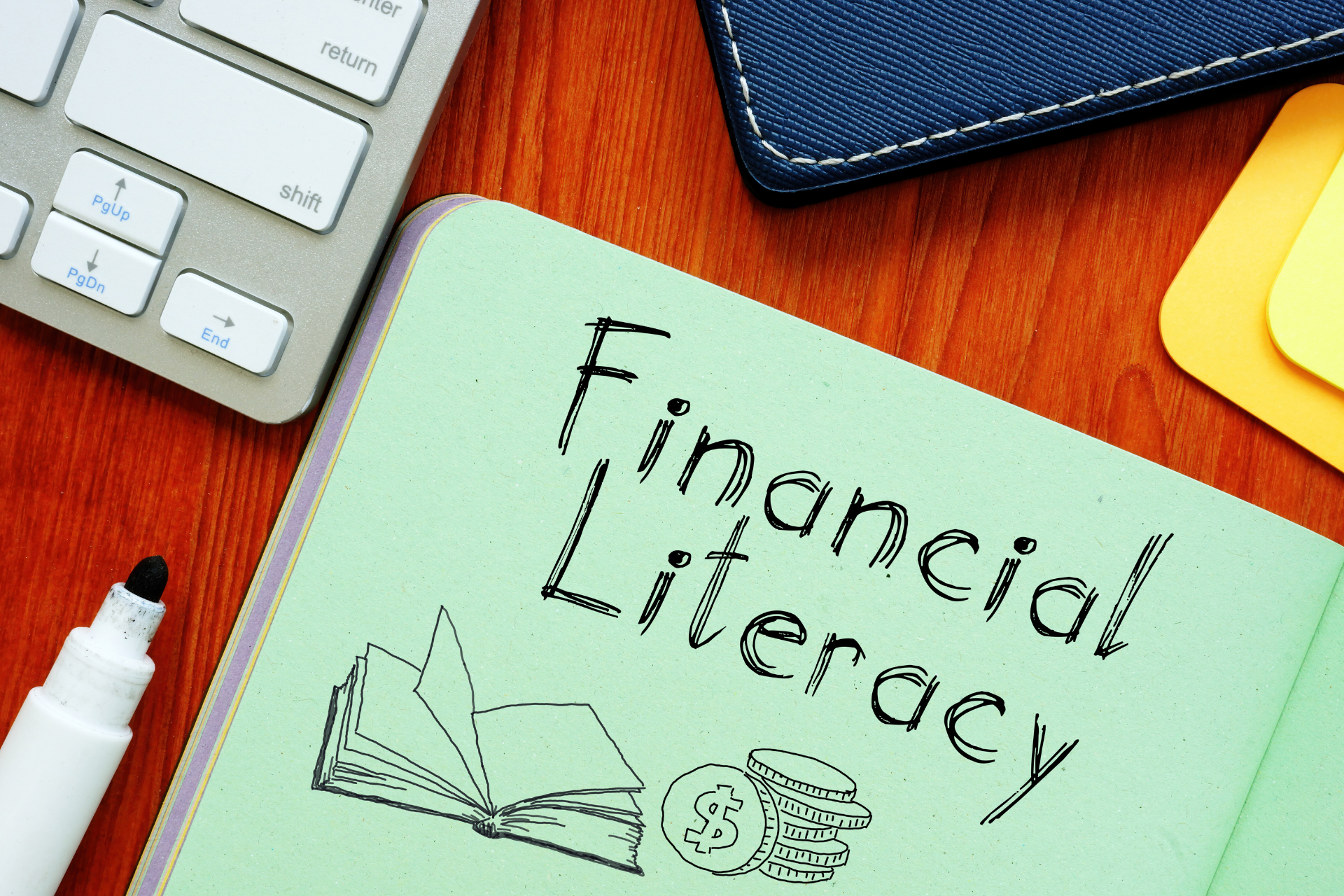“Financial literacy refers to the set of skills and knowledge that allows an individual to make informed and effective decisions through their understanding of finances. Education on the management of personal finances is an essential part of the planning and paying for post-secondary education.”- Webster’s Dictionary.
Financial Literacy includes having a basic understanding of how to pay bills online, manage bank accounts, manage debt, fill out income tax withholding forms at work, and understanding how to save and invest. If financial literacy is education, shouldn’t it happen in schools?
Unfortunately, most school districts don’t offer a financial literacy course, and most colleges don’t either. That leaves financial literacy up to parents to educate their children, individuals to learn on their own, or education through a trusted source.
Numerous studies indicate there will be consequences that will hurt our country for years to come. How can we overcome a lack of financial literacy in America?
Bring Financial Literacy into the Work Place. When employees are invited to attend workplace classes on budgeting, saving, and investing, they are more likely to save for retirement and not live beyond their means. These classes are commonly conducted by the financial advisor that oversees the company retirement plan, the HR Department, and other financial literacy educators.
- Attending an employer-sponsored retirement seminar saw a net worth increase by nearly 27% for those who were in the lowest income bracket (Dartmouth College Study).
Require a Financial Literacy Class to Graduate. Only 17 states require a financial literacy class to graduate from high school (the latest study released in 2018):
- Zero – The Number of States that require passing of a test on basic financial concepts.
- Zero – The Number of States that have added financial literacy courses since 2014.
Financial literacy experts know that teaching people how to manage their income and expenses and giving them a basic understanding of financial concepts will enable them to have financial successes regardless of their future income.
Credit Scores Improve After a Financial Literacy Class. Having trained teachers that know financial literacy content can help develop better credit behaviors early, even in childhood if offered through the school system. This leads to making on-time payments and understanding how to manage debt and credit.
Who Can Help if You Have Questions About Basic Financial Concepts?
- A capable educator or financial literacy teacher
- Securities licensed Financial Advisor
- A Certified Public Accountant (CPA)
Financial illiteracy affects all ages and all socioeconomic levels. It’s up to all of us to improve financial literacy here in the U.S. if we are to move away from being a debt-ridden society and toward being a society that has financial security.





